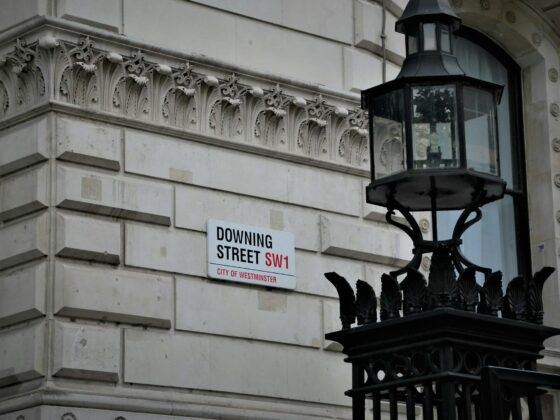
President Donald J. Trump signed the ‘One Big, Beautiful Bill’ into law on July 4.
The National Restaurant Association and the American Hotel & Lodging Association (AHLA) were among the groups that lauded the inclusion of key tax provisions in the legislation.
“The restaurant industry is a powerful economic engine – generating over $1.4 trillion in annual economic activity and employing more than 15 million people nationwide,” said Michelle Korsmo, President & CEO of the National Restaurant Association. “The pro-growth tax policy in this bill will make it easier to start a restaurant and to continue to improve and modernize as the business grows. It lays the groundwork for long-term innovation, job creation, and economic growth, ensuring restaurants can continue to meet evolving consumer needs and power the U.S. economy.”
The key tax provisions are critical to the hospitality industry, added AHLA. “We applaud Speaker Johnson, Chairman Jason Smith, and members of Congress for providing small business hotel owners across America the certainty they need to invest more and create more jobs in their communities. These provisions will prevent a major tax increase on American workers and the small businesses that are the backbone of America’s hotel and lodging industry,” stated AHLA President & CEO Rosanna Maietta.
No Tax on Tips
The bill also includes President Trump’s signature No Tax on Tips and No Tax on Overtime provisions, which will provide additional tax deductions for tipped servers and bartenders, and hourly employees who earn overtime premium pay.
“Great hospitality requires highly skilled people working in intense environments. For the next four years, servers and bartenders will be able to deduct $25,000 of their tips from their federal taxes, while hourly employees benefit from the $12,500 deduction for premium overtime pay. This recognition of valuable restaurant staff will put cash back in the pocket of a significant number of these hard-working people and could help restaurant operators recruit needed additional talent,” said Korsmo.
Tax provisions in the bill critical to restaurant operators include:
- Full expensing for capital equipment purchases: Operators will be able to meet payroll and other expenses while investing in capital equipment or refurbishing their dining rooms.
- 20% qualified business income (QBI) deduction: For the 77% of restaurants that are pass-through businesses, this will support investments in their operations and bring down their effective tax rate from 37% to 29.6%, creating parity with larger businesses.
- Business interest expense deduction: This restores depreciation and amortization to the calculation of interest payment deductibility, freeing up capital to pay off debt, expand, or make additional investments.
- Permanent family and medical leave tax credits: Supports operators who choose to offer paid family and medical leave.
- Estate tax relief: Prevents the often-overwhelming tax hurdles that force families to sell or close a restaurant rather than the next generation continuing to operate it.
- No Taxes on Tips and No Taxes on Overtime includes a $25,000 tax deduction for servers and bartenders earning tips, and a $12,500 tax deduction of overtime premium pay for hourly earners. Both provisions will be available for workers from 2025 to 2028.
“Tax policy plays a major role in the vitality of the restaurant industry. With these changes, restaurant operators can confidently make investments and manage capital expenditures that are essential for a dynamic industry,” said Korsmo. “These provisions aren’t just a win for restaurant operators—they’re a win for the people we employ, the guests we welcome, and the communities that count on us every day.”









